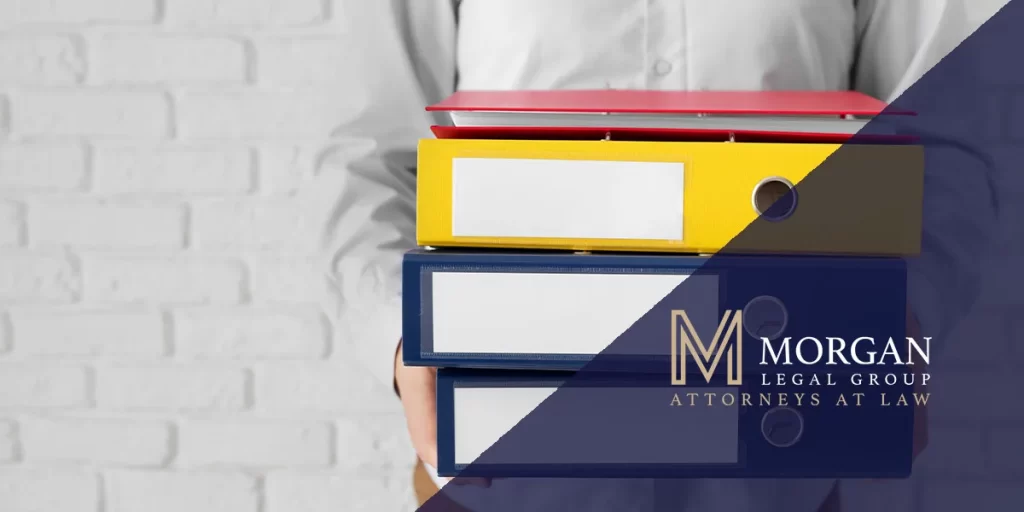Organizing Your Estate Documents and Understanding Probate in New York
Planning for the distribution of your assets and ensuring your loved ones are well taken care of is a crucial aspect of estate management. Organizing your estate documents and understanding the probate process is essential for achieving these goals, particularly in the context of New York State Law. In this comprehensive guide, we will walk you through the steps to effectively organize your estate documents and provide insights into when and how probate comes into play in New York.
Organizing Your Estate Documents
Effective organization of your estate documents is key to ensuring that your wishes are carried out smoothly and efficiently. Here are steps to help you get started:
1. Create a Master List
The first step in organizing your estate documents is to create a master list. This list should include all essential documents, such as:
- Last Will and Testament: Your will outlines how you want your assets distributed and who should be responsible for carrying out your wishes.
- Trust Documents: If you have established trusts, include the trust agreements and related documents.
- Beneficiary Designations: Maintain a record of beneficiaries for life insurance policies, retirement accounts, and other assets that pass directly to beneficiaries.
- Financial Account Information: Include details of your bank accounts, investments, and any outstanding debts.
- Real Estate Documents: Copies of property deeds and related documents should be organized.
- Healthcare Directives: Document your healthcare preferences, including a Living Will and a Healthcare Proxy.
- Powers of Attorney: If you’ve designated someone to handle your financial affairs, include copies of these documents.
2. Use a Secure Location
Store physical copies of your documents in a secure location, such as a fireproof safe or a safety deposit box at your bank. Ensure that a trusted individual knows the location and has access to these documents in case of an emergency.
3. Digital Copies
Consider creating digital copies of your estate documents and storing them securely online. Use encrypted storage or a digital estate planning platform to safeguard sensitive information. Provide access to these digital copies to your chosen representative.
4. Keep Documents Updated
Regularly review and update your estate documents to reflect any changes in your assets, family structure, or wishes. Life events such as marriages, divorces, births, and deaths can impact your estate plan.
5. Seek Legal Counsel
Consult with an experienced estate planning attorney to ensure that your estate documents are legally sound and compliant with New York State Law. An attorney can provide valuable guidance on how to structure your estate plan for maximum efficiency and asset protection.
Understanding Probate in New York
Probate is the legal process by which a deceased person’s estate is administered and their assets are distributed. In New York, whether probate is necessary depends on several factors:
1. Type of Assets
Assets held solely in the deceased person’s name often require probate. These can include real estate, bank accounts, and personal property. However, assets with designated beneficiaries or jointly held assets may avoid probate. For example, life insurance policies, retirement accounts, and jointly owned real estate typically bypass probate and go directly to beneficiaries or co-owners.
2. Size of the Estate
New York has specific thresholds for probate. If the total value of the estate falls below the applicable threshold, probate may not be necessary. The threshold can vary, so it’s essential to consult with an estate planning attorney to determine whether your estate qualifies for simplified probate procedures or can avoid probate altogether.
3. Complexity of the Estate
Complex estates, such as those with disputes among beneficiaries or unclear terms in the will, may undergo probate to ensure proper administration. Probate can help resolve conflicts and ensure that the deceased person’s wishes are upheld when there are disagreements or uncertainties.
4. Presence of a Will
If there is a will, it must typically go through probate to be validated and executed. However, assets with designated beneficiaries, as mentioned earlier, may bypass this process. Probate serves the essential function of ensuring that the will is genuine and that the executor has the legal authority to carry out the deceased person’s wishes.
5. Legal Requirements
New York has specific legal requirements for probate, including filing deadlines and procedural steps. It’s crucial to adhere to these requirements to ensure a smooth probate process. Failure to meet these requirements can result in delays and complications.
Conclusion
Estate planning and understanding probate are integral parts of securing your legacy and ensuring your assets are distributed according to your wishes in New York. By organizing your estate documents effectively and seeking professional guidance when needed, you can navigate the complexities of estate planning and probate with confidence. Remember that laws and regulations may change, so it’s advisable to consult with legal experts like Morgan Legal Group to stay up-to-date and protect your estate.


